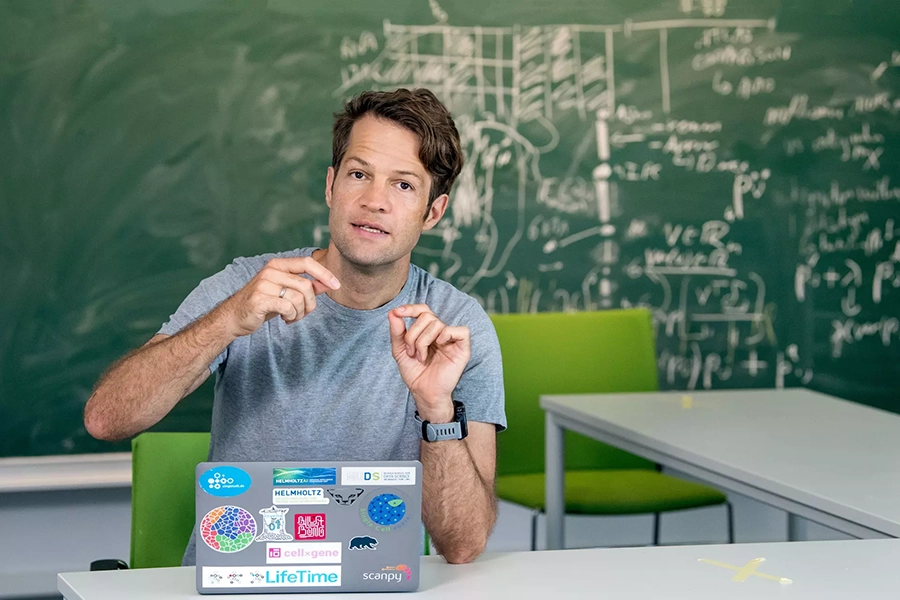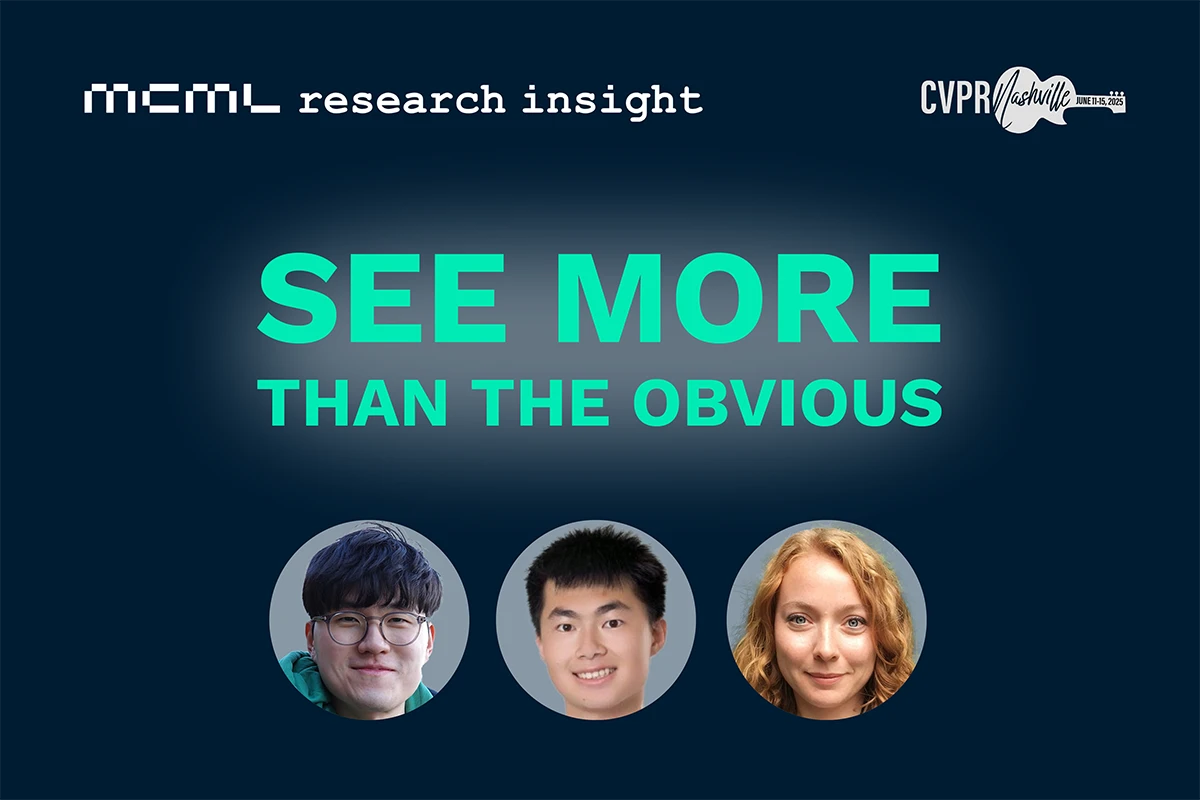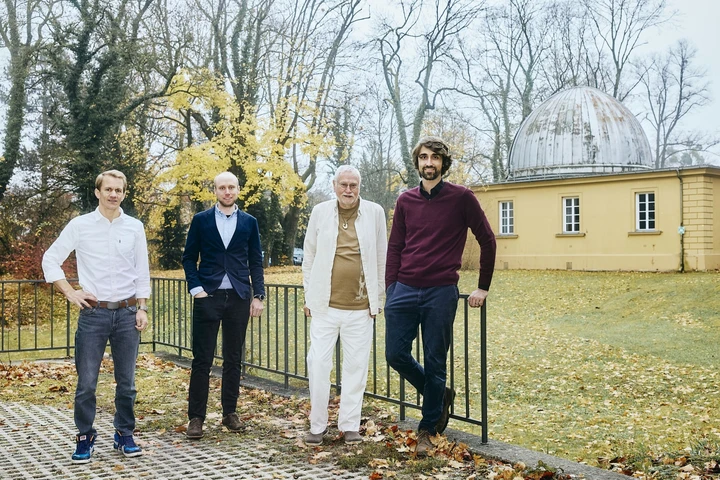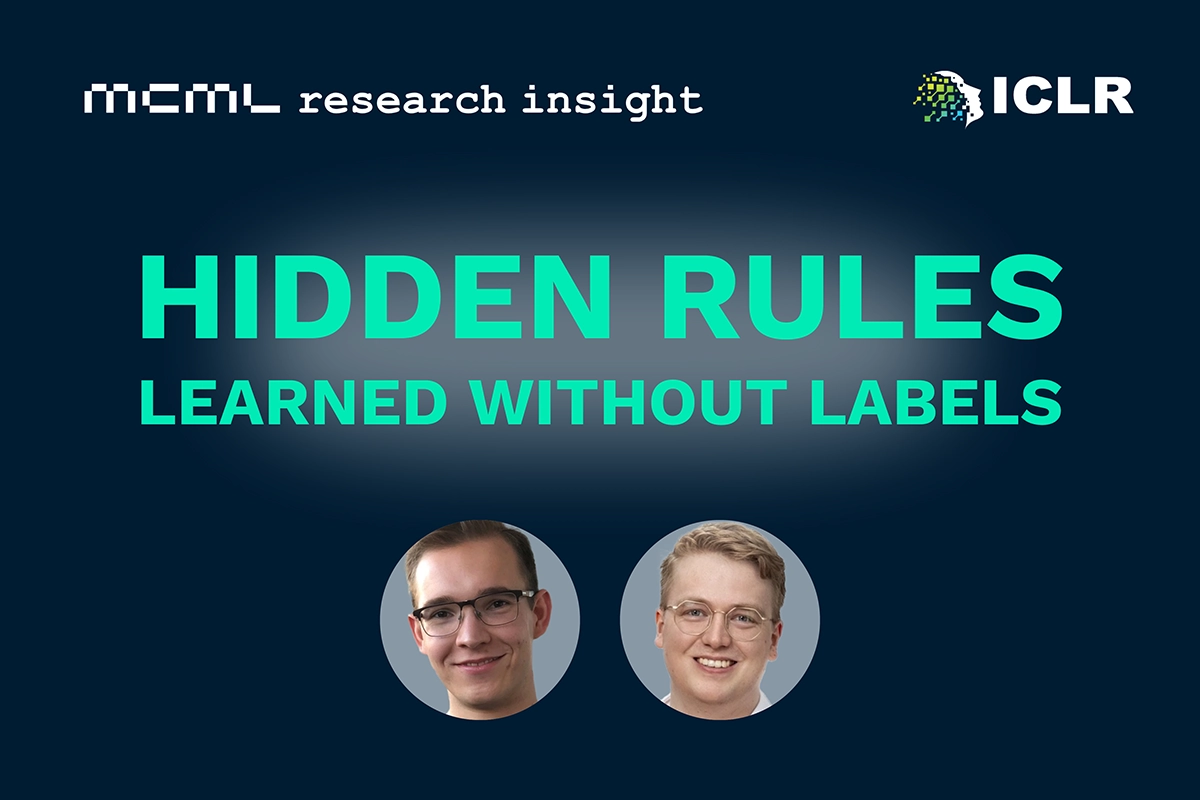24.01.2025

©Astrid Eckert / TUM
How to Analyze Millions of Individual Cells
TUM News
Researchers from the Technical University of Munich (TUM) and Helmholtz Munich have tested self-supervised learning as a promising approach for analysing over 20 million individual cells. MCML PI Fabian Theis holds the Chair of Mathematical Modelling of Biological Systems at TUM. Together with his team, he has investigated whether self-supervised learning is better suited to analysing large amounts of data than other methods.
Given the enormous amounts of data generated by advances in single-cell technology, it is important to interpret them efficiently in order to recognise differences between healthy cells and those with diseases such as lung cancer or COVID-19. Self-supervised learning does not require pre-classified data and enables the robust processing of large amounts of data.
The study shows that this method improves performance, especially on transfer tasks and zero-shot predictions. The researchers compare masked learning and contrastive learning and find that masked learning is better suited for large datasets. The results could lead to the development of virtual cells that map the diversity of cells in different datasets and are useful for analysing cell changes in diseases.
Related

19.02.2026
COSMOS – Teaching Vision-Language Models to Look Beyond the Obvious
Presented at CVPR 2025, COSMOS shows how smarter training helps VLMs learn from details and context, improving AI understanding without larger models.

05.02.2026
Needle in a Haystack: Finding Exact Moments in Long Videos
ECCV 2024 research introduces RGNet, an AI model that finds exact moments in long videos using unified retrieval and grounding.

04.02.2026
Benjamin Busam Leads Design of Bavarian Earth Observation Satellite Network “CuBy”
Benjamin Busam leads the scientific design of the “CuBy” satellite network, delivering AI-ready Earth observation data for Bavaria.

